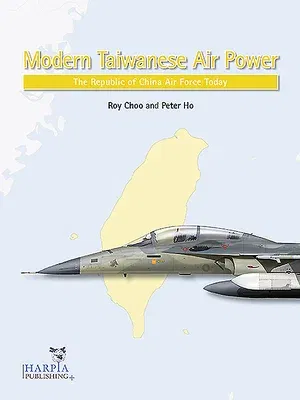The sovereign status of Taiwan - or the Republic of China - has been a
source of instability in the Asia-Pacific region for much of the last 70
years. While Taiwan aspires to be an independent and democratic nation,
the communist-led People's Republic of China sees it as a breakaway
province. With Beijing flexing its muscles in recent years amid rising
tensions between China and the US, the potential for a military
flashpoint along the narrow Taiwan Strait cannot be overstated.
The strategy of the Republic of China Armed Forces is to present Beijing
with a credible deterrent, and should this fail, defend against a
People's Liberation Army attack and possible invasion. The Republic of
China Air Force (ROCAF) is charged with the defense of airspace over and
around Taiwan and enabling military operations in land and sea domains.
If necessary, it could also take the battle into China as part of a
multi-pronged offensive effort.
While the ROCAF is relatively well-equipped and trained, attempts to
modernize have been hit by political and fiscal challenges. The ROCAF
has made some headway with mid-life upgrades for the majority of its
more than 20-year-old fighter fleet and will receive a much-needed boost
with the introduction of F-16C/D Block 70s in the coming years. However,
it still lacks many force-multiplier capabilities such as aerial
refueling and electronic warfare. Amid qualitative and quantitative
improvements to the PLA air combat fleets, the military balance across
the Taiwan Strait continues to tip towards Mainland China.
This book provides a comprehensive study of Taiwan's air force with
in-depth analysis backed by high-quality images. It examines ROCAF
combat capabilities today, its aircraft fleet, and what the future holds
for the air arm.

